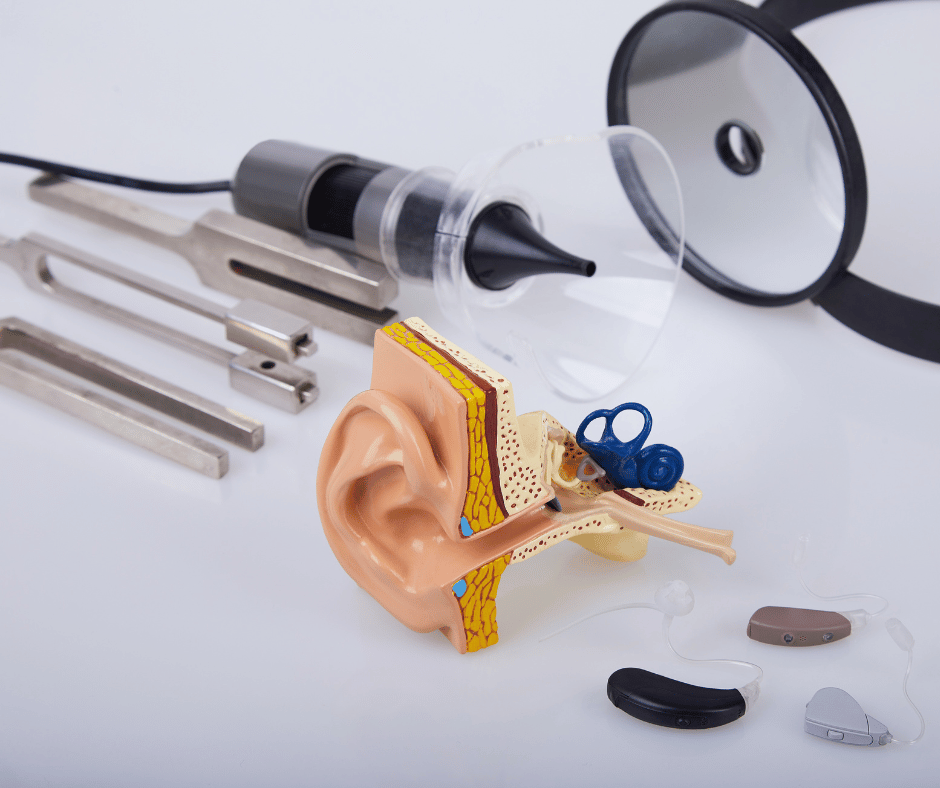Occupational hazards pose significant risks to ear, nose, and throat (ENT) professionals, ranging from exposure to infectious diseases to ergonomic strains. As an ENT surgeon, ensuring safety in your practice is paramount to protect both yourself and your patients. In this article, we’ll delve into the importance of preventing occupational hazards for ENT professionals and explore safety measures and best practices to mitigate risks effectively.
Introduction to Occupational Hazards for ENT Professionals
ENT professionals, including surgeons, audiologists, and speech therapists, encounter various occupational hazards daily. These hazards can stem from exposure to biological agents, ergonomic strains, chemical exposure, and psychological stressors inherent in the profession.
Understanding the Risks Associated with ENT Practice
Common Hazards Faced by ENT Professionals
ENT professionals face risks such as exposure to bloodborne pathogens, hearing loss due to prolonged noise exposure, musculoskeletal injuries from poor ergonomic practices, and respiratory issues due to exposure to airborne contaminants.
Impact of Occupational Hazards on ENT Practitioners
The consequences of occupational hazards for ENT professionals can be severe, leading to physical injuries, chronic health conditions, psychological distress, and reduced quality of patient care. Addressing these risks proactively is essential to maintain a safe and productive work environment.
Importance of Safety Measures in ENT Practice
Why Safety Measures Are Vital
Implementing safety measures not only protects the health and well-being of ENT professionals but also ensures the delivery of high-quality patient care. By prioritizing safety, practices can reduce the incidence of work-related injuries and illnesses, leading to improved overall outcomes.
Legal and Ethical Implications of Neglecting Safety
Neglecting safety measures can have legal and ethical repercussions, including liability for workplace injuries, violation of regulatory standards, and damage to professional reputation. Prioritizing safety demonstrates a commitment to ethical practice and compliance with industry regulations.
Safety Measures and Best Practices for ENT Professionals
Personal Protective Equipment (PPE)
ENT professionals should utilize appropriate PPE, such as gloves, masks, goggles, and protective clothing, to minimize exposure to infectious agents and hazardous materials during patient care procedures.
Proper Ventilation and Environmental Controls
Maintaining adequate ventilation systems and implementing environmental controls, such as proper waste disposal and ventilation hoods, helps reduce the risk of exposure to airborne contaminants in the ENT practice setting.
Regular Maintenance of Equipment and Tools
Routine inspection, calibration, and maintenance of equipment and tools are crucial to ensuring their safe and effective operation, minimizing the risk of equipment-related accidents or failures.
Proper Handling and Disposal of Hazardous Materials
ENT professionals should follow established protocols for the safe handling, storage, and disposal of hazardous materials, including biohazardous waste, chemicals, and sharps, to prevent exposure and contamination.
Ergonomic Considerations
Adopting ergonomic principles in workspace design and patient care practices can help reduce the risk of musculoskeletal injuries and repetitive strain disorders among ENT professionals.
Stress Management and Work-Life Balance
Implementing strategies for stress management and promoting work-life balance are essential to mitigate the psychological toll of occupational hazards and foster overall well-being among ENT practitioners.
Training and Education for ENT Professionals
Importance of Training Programs
Providing comprehensive training programs on safety protocols, infection control measures, and ergonomic practices equips ENT professionals with the knowledge and skills necessary to navigate occupational hazards effectively.
Continuous Education on Safety Protocols
Continued education and regular updates on safety protocols ensure that ENT professionals stay abreast of emerging risks, best practices, and regulatory requirements, enhancing the effectiveness of hazard prevention efforts.
Implementing Safety Protocols in ENT Practices
Developing a Safety Culture
Fostering a culture of safety within ENT practices involves promoting open communication, encouraging reporting of safety concerns, and actively involving staff in identifying and addressing hazards.
Regular Safety Audits and Updates
Conducting regular safety audits and assessments allows practices to identify areas for improvement, implement corrective actions, and ensure ongoing compliance with safety regulations and standards.
Case Studies and Success Stories
Highlighting case studies and success stories of practices that have successfully implemented safety measures can inspire and motivate other ENT professionals to prioritize safety in their own practices.
Conclusion
Preventing occupational hazards for ENT professionals requires a multifaceted approach that encompasses proactive risk assessment, implementation of safety measures, ongoing training and education, and fostering a culture of safety within practices. By prioritizing safety, ENT professionals can safeguard their health, enhance patient care outcomes, and contribute to a safer and more sustainable healthcare environment.
FAQs
- What are the most common occupational hazards faced by ENT professionals?
- ENT professionals commonly face hazards such as exposure to bloodborne pathogens, noise-induced hearing loss, musculoskeletal injuries from poor ergonomic practices, and respiratory issues due to exposure to airborne contaminants.
- How can ENT practices mitigate the risks of exposure to infectious diseases?
- ENT practices can mitigate the risks of exposure to infectious diseases by implementing infection control measures such as proper hand hygiene, use of personal protective equipment (PPE), maintaining clean and sanitized workspaces, and following established protocols for patient care and handling of infectious materials.
- What role does personal protective equipment play in preventing occupational hazards?
- Personal protective equipment (PPE) plays a crucial role in preventing occupational hazards by providing a barrier between ENT professionals and hazardous materials or infectious agents. PPE includes items such as gloves, masks, goggles, and protective clothing, which help minimize the risk of exposure and contamination during patient care procedures.
- How can ENT professionals promote ergonomic practices in their workspace?
- ENT professionals can promote ergonomic practices in their workspace by ensuring proper workstation setup, using ergonomic furniture and equipment, practicing good posture, taking regular breaks, and implementing ergonomic principles in patient care techniques to reduce the risk of musculoskeletal injuries and repetitive strain disorders.
- Why is continuous education important for staying updated on safety protocols in ENT practice?
- Continuous education is important for ENT professionals to stay updated on safety protocols because it ensures that they remain knowledgeable about emerging risks, best practices, and regulatory requirements. Ongoing training and education empower ENT professionals to effectively navigate occupational hazards, enhance patient safety, and maintain compliance with industry standards.
About Author:
Dr. Vivek Kumar Pathak: Renowned ENT Surgeon, Senior Professor, and Founder.
Dr. Pathak, ENT surgeon at Kailash Hospital, Senior ENT Professor at Sharda University, and founder of Entegrity Care, brings expertise and innovation to healthcare. Discover the visionary behind Doxtreat Healthcare, shaping the future of ENT care.
Website www.drvivekpathak.com
Call +917838450942
WhatsApp +91 78384 50942
Book an appointment with Dr. Vivek kumar Pathak by filling the form.




